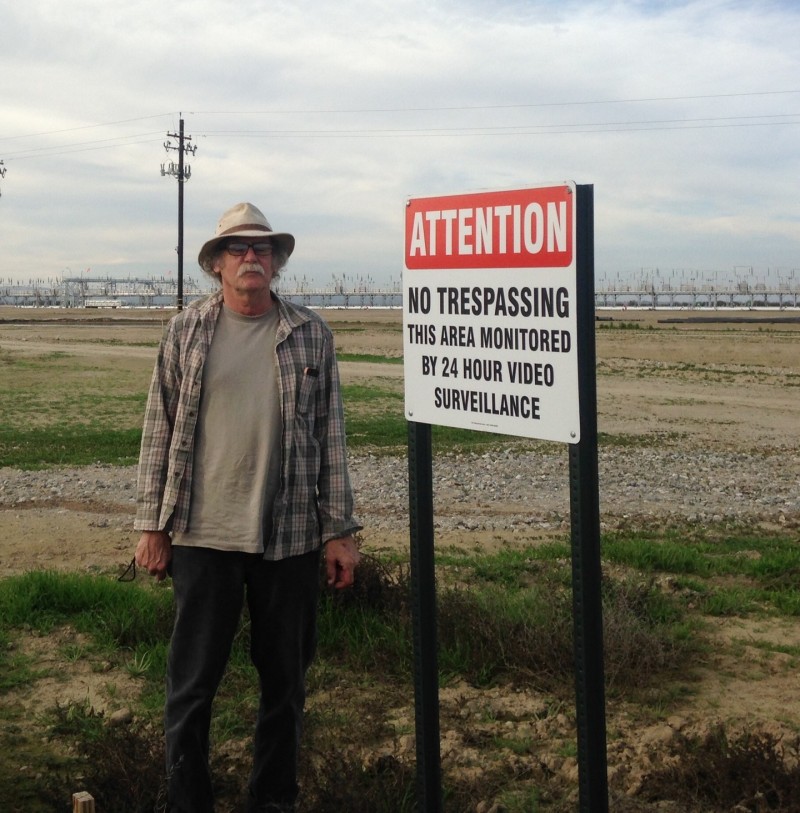Trains carrying Bakken crude have derailed in several states, including West Virginia this week, causing fires or explosions.
In 2013, one train carrying Bakken crude derailed in the resort town of Lac-Megantic, Quebec. Forty-seven people were killed and the town's center was devastated.
Frantz says he’s concerned not only about explosions but also about pollutants. He says the air quality is bad enough in the Central Valley without added emissions. His Association of Irritated Residents joined several other groups suing the permitting agency -- the regional air district.
“We’re asking for an injunction,” he says. “We want to stop the project in its tracks."
Critics say the San Joaquin Valley Air Pollution Control District was worse than a rubber stamp for the project. Elizabeth Forsyth works for Earthjustice and is the lead lawyer on the case.
“The air district had the ability to shape this project, negotiated the project with the applicant, it helped the applicant avoid pollution controls and environmental review,” she says.
Forsyth says emails obtained through a public records request show the air district helped the builder, Plains All American Pipeline, keep its emission numbers just below the threshold required for public notice and then helped skirt an environmental review on additional permits.
“To me the role of the air district is to protect the residents of the San Joaquin Valley from air pollution,” Forsyth says.
But Annette Ballatore-Williamson, a lawyer for the San Joaquin Valley Air Pollution Control District, says the district follows strict guidelines and that it’s not unusual for an applicant to ask the air district for advice on lowering emission numbers.
“If they can modify their project and bring their emissions down to below that public-noticing threshold, then it benefits everybody,” she says. “It benefits the facility, the applicant, because then they don’t have to put on such stringent, costly pollution controls, and it benefits the public because emissions are reduced for the project.”
She says the district receives about 2,000 permit applications for different projects in a typical year.
“This one, when it came to us, wasn’t anything out of the ordinary, you know, kind of triggered red flags or anything along those lines,” she says.
But crude-by-rail terminals are triggering red flags statewide. Activists say that by forcing companies to do environmental studies, damage is often mitigated. Sometimes it brings a commitment to use safer tank cars, something the federal Department of Transportation hopes to enforce in new regulations recently submitted for review.
Meanwhile, oil companies say these new terminals are a good thing –- it keeps the oil we use domestic and cheap. Tupper Hull, a spokesman for the industry’s Western States Petroleum Association, says the Bakersfield terminal opens up more opportunity for refiners -- and that directly benefits consumers.
“We’re a bit isolated from the rest of the country,” he says. “No pipelines connect California with the rest of the country. So increased rail transport capability is just one more element of flexibility that is badly needed for California’s refiners."
Flexible –- unless the Bakersfield project gets tied up in court.
